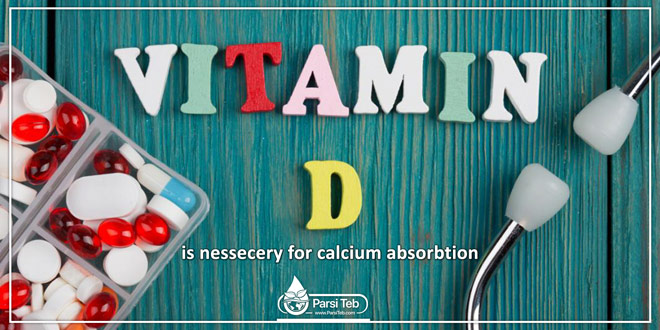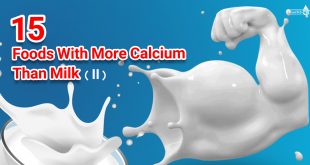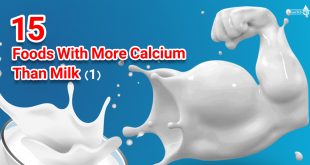Low Vitamin D Linked to Heart Failure Deaths
Study Also Shows Higher Risk of Hospitalization for Heart Failure Patients With Low Vitamin D Levels
Aug. 31, 2010 (Stockholm, Sweden) — Low vitamin D levels are associated with a higher risk of death and hospitalization in people with heart failure, researchers report.
The study doesn’t prove that low vitamin D levels place patients at higher risk of dying. Even if the findings are confirmed, low levels of vitamin D may be a marker for some other damaging factor.
The hope is that vitamin D supplements may be able to improve outcomes among people with heart failure, but this still needs to be put to the test.
Vitamin D is best known for helping the body absorb calcium, which restores and strengthens bone, protecting against fracture. But more and more studies suggest that low vitamin D levels are associated with the risk for a host of diseases, including certain cancers and kidney disease.
After several small studies linked low levels of vitamin D to poor outcomes in people with heart failure, Dutch researchers, led by Licette Liu, BSc, of the University Medical Center in Groningen, Netherlands, decided to start a larger study of 548 patients hospitalized with this condition.
Vitamin D and Heart Failure Patients
Patients were divided into three groups depending on their blood levels of vitamin D: low (below 29.6 nanomoles per liter), intermediate (29.6 to 43.9 nanomoles per liter), and high (above 43.9 nanomoles per liter).
Over the 18 months of follow-up, 165 patients died and 142 were hospitalized again. Those patients with the lowest vitamin D levels were 30% more likely to be hospitalized again or die than people with the highest levels. The effect of vitamin D levels held even after accounting for other factors.
The findings were presented at the annual congress of the European Society of Cardiology.
Anti-inflammatory Effects
No one knows exactly why vitamin D may help heart health.
But it may have anti-inflammatory effects that may help keep blood vessels healthy, Liu says.
In the study, low levels of the vitamin were associated with high levels of C-reactive protein (CRP), a measure of inflammation activity.
This study was not designed to show whether supplementing heart failure patients with vitamin D would improve prognosis or even if it was safe to do. Until vitamin D pills are proven to improve outcomes among people with heart failure who have a deficiency, patients should not take supplements unless prescribed by a doctor, says American Heart Association past president Clyde Yancy, MD, medical director of the Baylor Heart and Vascular Institute at Baylor University Medical Center in Dallas.
 Parsi Teb Physical and Mental Health Journal
Parsi Teb Physical and Mental Health Journal 



